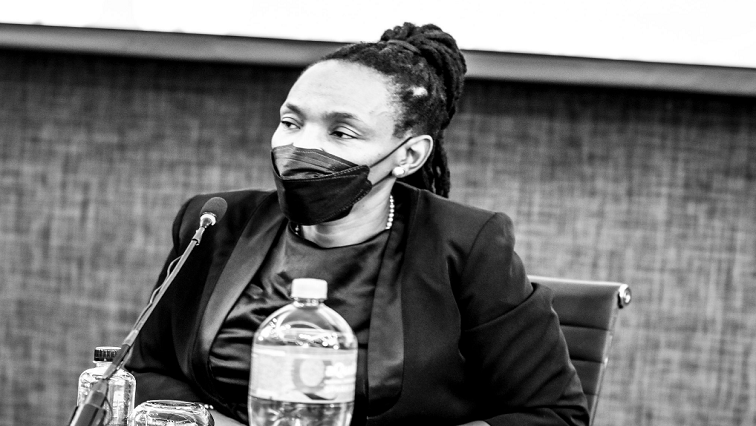Judicial Service Commissioner, Dali Mpofu, says the decision taken to appoint the country’s next Chief Justice should be a rational one.
President Cyril Ramaphosa is now expected to decide on whether Supreme Court of Appeal President, Mandisa Maya, should be appointed for the position.
The JSC has recommended that Ramaphosa appoint her – with three other candidates also vying for the job.
Mpofu says Ramaphosa could choose any one of the four candidates, but his decision must be rational.
“Legally, he could do it, but we are living in a constitutional democracy so whatever decision he takes must be rational. Strictly speaking, he is the appointing authority and the checks and balances in the Constitution compel him to consult with us, as he has done, and also with leaders of political parties. After those consultations, he has to apply his mind and make the appointment.”
JSC recommends Maya as the next Chief Justice
The Judicial Service Commission (JSC) has recommended Supreme Court Justice Mandisa Maya as the next Chief Justice. This was just announced in a short statement by Commissioner Dali Mpofu, during a media briefing, which happened 5 hours later than the initially stated time(1pm).
The deliberation started at 9am on Saturday morning, following marathon interviews with the four judges tipped for the position.
During her interview by the Judicial Services Commission (JSC) for the position of the country’s top judge, Justice Maya called for government to give women and black lawyers the experience required to become top judges.
She reflected on the under-representation of women at all levels of the judiciary and says the quality of future judges is dependent on giving them exposure currently.
“We must not stop doing the things we have been doing. In the meantime, agitating for women to get quality work in the professions by the state attorney, that can never be overstated. Government must give black lawyers and women lawyers quality work so that we have a pool when we look for judges and we have people who are ready, who have been exposed to niche areas like commercial law – when they go to the bench and we do not get these comments these painful comments that the quality of judgments is being eroded,” she adds.
Sexual harassment
Maya also pointed out the Judiciary did not have an anti-sexual harassment policy as if they were not part of society.
She told the JSC that some of the few reported cases of sexual harassment were not receiving the necessary attention.
“The Judiciary has no anti-sexual harassment policy as if we live … we come from this bubble somewhere, (and) we are not part of society. (As if) we don’t experience the problems that are experienced you know by society generally.”
“No anti-sexual harassment policy and the reported consequences in this gap are the few sexual harassment incidents, with the few courageous victims – because it’s not easy to report that kind of thing for various reasons – those few cases that have been reported to the powers that be, have not received the attention they deserve because they are treated, if treated at all, as acts of misconduct in inquiries that take forever to finalise.”
JSC Interview | Justice Mandisa Maya:






